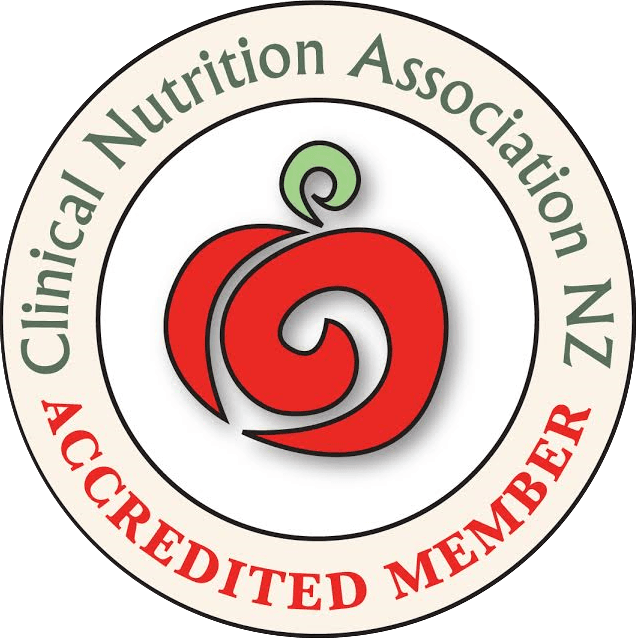Last month I discussed why it’s important to include natural fats in your diet, the many benefits and the harm that a low fat diet can cause. This month I’m going to talk to you about what healthy fats are, what they do for you and why it’s important to consume them regularly. Remember, not all fats are created equal, but the following natural fats can really boost the body! From helping to shed excess weight, to lowering LDL cholesterol, (bad cholesterol), to giving you healthy nails and shiny hair. Your body will thank you for it!
Firstly, we have the mighty avocado and one of my all time favourite foods! The avocado is actually considered a fruit that is rich in monounsaturated fats, (the fats that raise the good cholesterol, HDL, while lowering the bad). It’s packed full of healthy protein as well, and full of vitamin E and folate, which helps prevent free radical damage, reduce the risk of birth defects and acts as an anti-aging nutrient for your skin.
Try to get more avocados in your diet daily. I aim to have half to one avocado daily. I use as a spread on sourdough bread, slice it in my salad, put in a smoothie or use it in any meal as a fat source on the side. You can even cook with avocado oil. It’s a great oil to cook with as it has a high smoke point, so won’t go rancid. I use avocado oil on my salads or drizzle it onto roasted veggies.
The second fat to discuss is coconut oil. It contains fatty acids that improve brain function and memory, increases good cholesterol and promote heart health. It’s packed with antioxidants as well that make it an effective anti-inflammatory food for conditions such as arthritis. I have even used it before on my legs when they tend to get dry. It’s extremely easy to digest, allowing the fatty acids to be used by the cells for energy very quickly.
I use coconut oil daily to cook with as it too has a high smoke point. I also add it to my smoothies for some natural fat content and make a delicious sweet treat called fat bombs…keep reading for the recipe.
The third fat is extra virgin olive oil. Again, a big part of the mediterranean diet, EVOO is excellent for heart health! Studies have found it to reduce the occurrence of heart attack and heart disease. It is high in monounsaturated fats and antioxidants, which means it protects your cells from any oxidative damage which helps with brain function, skin and more! As so many diseases come from chronic inflammation, the anti-inflammatory benefits of EVOO are so very important!
So, what kind of extra virgin olive oil do you buy as there are so many out there? Well, they are not all created equal. Do stick to the extra virgin variety which means there were no chemicals involved when the oil was refined. Even so, many EVOO on the shelves aren’t any good. A few tips when you shop for a good one: prepare to spend around $10 or more a litre; check the date on the label it was harvested; ensure it’s not labeled as ‘light’, ‘blend’ or ‘pure’. If it is it’s probably not virgin quality. If it’s presented in a dark bottle, it’s probably a good one, as that protects the oil from oxidising. For cooking, EVOO isn’t recommended to be used at high temperatures due to its low smoke point. However, it can be used for making salad dressing, as a dip for breads or drizzled over cooked foods.
The fourth fat do discuss is butter. Not all butter is created equal either. You want to buy grass-fed, organic butter if you can. The omega fatty acids found in butter help with brain function, skin and more. As Omega 3s and Omega 6s are considered essential, the body can’t produce them on its own, so they must be consumed through diet. Butter also is rich in trace minerals and fat soluble vitamins as well as the powerfully antioxidant, selenium.
Some of you may have heard of something called, ghee. This is a version of butter that originated in India some time ago, and is becoming commonly used. Ghee is a clarified butter that is simmered to bring out butters natural flavour, which gives it a high smoke point so it’s a good choice to cook with at high temperatures. Ghee has three fat soluble vitamins including: Vitamin A, D and E. Fat soluble vitamins are absorbed by the body when they’re consumed with fat or in a fat substance. Many people don’t know that ghee is lactose and casein free, which is perfect for those that suffer from lactose sensitivity or intolerance, (as many people don’t have the enzyme lactase to break down lactose, this is excellent)! It is high in vitamin K2 for bone health, and helps to improve digestion and lower inflammation. When purchasing ghee look for organic or grass-fed, (same as butter).
The last and final fat to discuss is omega-3 fatty acids. As stated, these are essential as the body isn’t capable of producing them on its own, so must be consumed through diet.
If you’ve been a past client of mine you would have heard me talk about the EPA and DHA of fish oil supplementation and how important it is. DHA and EPA are the preferred sources of omega 3s, and are found in foods such as salmon and sardines. Other sources of omega 3s are chia seeds, flaxseeds and walnuts. A third omega, ALA (alpha-linolenic acid) is found in some plant foods, such as nuts and seeds, high quality meats and veggies, specifically brussels sprouts, kale, spinach and watercress.
The problem today is that waters are being contaminated with toxins and pollutants like mercury, so it can be hard to get enough omega 3s from eating fish, nuts, seeds and veggies. This is why many choose to supplement with a good quality fish oil. With all my research I am led to believe the best fish oil supplement is made from wild caught pacific salmon, (not farm raised). This fish oil will naturally have high levels of DHA and EPA.
There are also other oils out there such as krill oil and cod liver oil. Cod liver oil is great source of vitamins A and D, but low in the omega 3 department. Krill oil comes from small crustaceans, and is reported to have a higher concentration of EPA as well as helping to eliminate the fish burps some get with taking traditional fish oil. However, when you compare the two, fish oil yields more fat compared to krill, and that means krill oil oxidizes faster. Yes, krill oil can help lower blood lipids and help with joint pain, but more studies and testing on it is needed. Fish oil has been known for some time to be very effective. Still, if you’re supplementing with fish or krill oil, introducing omega 3s into your diet somehow is a step forward.
In conclusion, fats are an essential element for everyone. Including healthy fats as a staple in your diet will ensure overall balance, health and longevity.
Fat Bomb Recipe:
1 cup cold pressed virgin coconut oil
1 ts. vanilla extract
1/2 ts. sea salt
2-4 tbs organic unsweetened cocoa powder or carob (I use both)
1/2 cup unsweetened desiccated coconut
Mix all ingredients together in a pan over the stove until mixture is smooth. Drop by the tablespoon on baking paper, refrigerate until solid and store in fridge in container. You can also put in ice cube trays.


